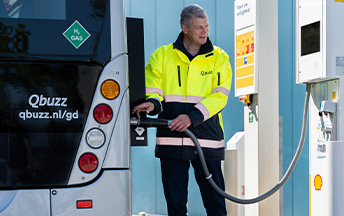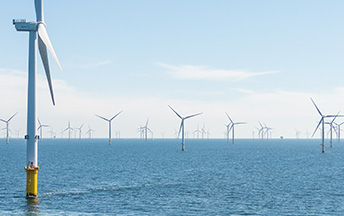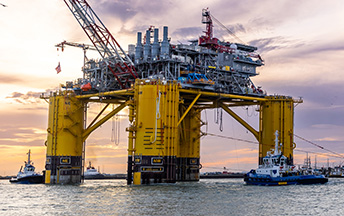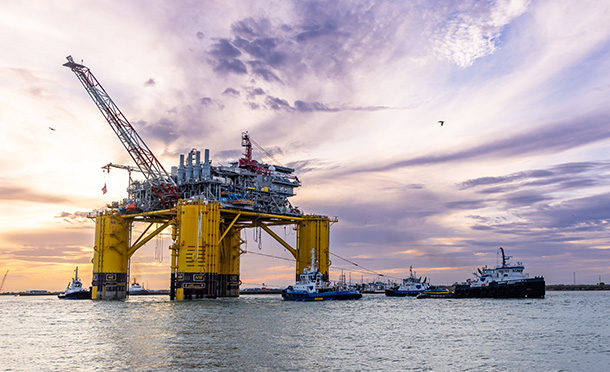Climate policy engagement
National and international climate and energy transition policies play an increasingly important role in steering and enabling the energy transition. Shell engages with governments, regulators and policymakers in different ways to help shape policy, legislation and regulation.
We advocate directly to governments and policy makers, offering relevant information, views, and policy recommendations on new proposals. For example, Shell supports the European Union’s Fit for 55 package, which aims to enable the EU’s transition to climate neutrality by 2050. As part of our engagements with the EU institutions in 2022, we called for binding targets in the Renewable Energy Directive to accelerate the use of renewable hydrogen in hard-to-abate sectors such as industry and transport by 2030.
We engage governments and policymakers indirectly, for example through our participation in coalitions and industry associations. We recognise that industry associations may represent many members and sometimes we may have different views on a topic. We join coalitions where there is likely to be a common advocacy objective.
In the USA, for example, Shell supported the US Inflation Reduction Act, which was signed into law in 2022. We advocated different clean energy provisions, such as expanded tax credits for carbon capture utilisation and storage, and the creation of a tax credit for hydrogen production. We engaged with Members of Congress and the Biden Administration directly, as well as through advocacy coalitions, including the CEO Climate Dialogue, the Clean Hydrogen Future Coalition and the Carbon Capture Coalition.
In India, we continued to engage with the government, industry partners, think tanks and academic institutions to collectively find ways to promote low-carbon energy choices. In 2022, we launched a carbon capture utilisation and storage industry coalition with our partners. It aims to encourage the creation of government policies to support the development of carbon capture and storage projects in India.
We also aim to help shape the wider debate around the energy transition in other ways, including through speeches and articles. Ahead of a meeting of the EU Parliament in June 2022, for example, Shell published an opinion piece on the European news website Euractiv. We supported the proposal to ban the sale of new petrol and diesel cars and vans in the European Union from 2035, which was agreed a few months later.
We aim to be at the forefront of the drive for greater transparency around climate and energy-transition-related policy engagement. We set out our approach, policy and advocacy positions, and information about our industry association memberships, on our website. In March 2023, we plan to publish our first Climate and Energy Transition Lobbying Report. This report reviews our lobbying in 2022 and our memberships of industry associations. We continue to work to ensure our memberships of industry associations support our climate and energy transition policy positions.
Read more at www.shell.com/advocacy










